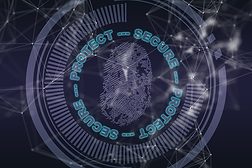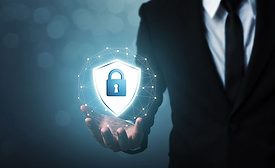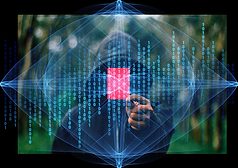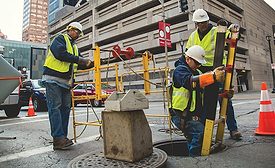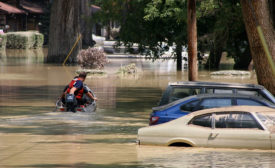Security Enterprise Services
How to Meet the Growing Demand for Cybersecurity Professionals
How can U.S. enterprise security professionals learn from their Irish colleagues to fill cybersecurity roles?
May 10, 2019
Ensuring Physical Security of Lone Workers
Enterprises upgrade technology, equipment, training and policies to protect those on their own.
May 8, 2019
Sign-up to receive top management & result-driven techniques in the industry.
Join over 20,000+ industry leaders who receive our premium content.
SIGN UP TODAY!Copyright ©2025. All Rights Reserved BNP Media.
Design, CMS, Hosting & Web Development :: ePublishing




